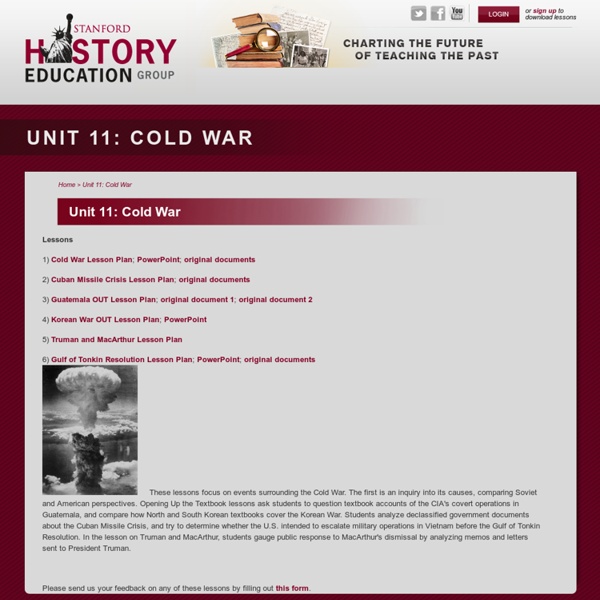



Defense Prisoner of War/Missing Personnel Office "Keeping the Promise", "Fulfill their Trust" and "No one left behind" are several of many mottos that refer to the efforts of the Department of Defense to recover those who became missing while serving our nation. More than 83,000 Americans are missing from World War II, the Korean War, the Cold War, the Vietnam War and the 1991 Gulf War. Hundreds of Defense Department men and women -- both military and civilian -- work in organizations around the world as part of DoD's personnel recovery and personnel accounting communities. They are all dedicated to the single mission of finding and bringing our missing personnel home. The mission requires expertise in archival research, intelligence collection and analysis, field investigations and recoveries, and scientific analysis. Recently Accounted-For Starting in 2012, recently accounted for service members will be listed in the chronological order that they are accounted for, which means that the families have been notified. Pfc. News Releases
Africans in America/Part 1/The Stono Rebellion South Carolina, September 9, 1739: A band of slaves march down the road, carrying banners that proclaim "Liberty!". They shout out the same word. Led by an Angolan named Jemmy, the men and women continue to walk south, recruiting more slaves along the way. By the time they stop to rest for the night, their numbers will have approached one hundred. What exactly triggered the Stono Rebellion is not clear. Many slaves knew that small groups of runaways had made their way from South Carolina to Florida, where they had been given freedom and land. In mid-August, a Charlestown newspaper announced the Security Act. Whatever triggered the Rebellion, early on the morning of the 9th, a Sunday, about twenty slaves gathered near the Stono River in St. The slaves stopped in a large field late that afternoon, just before reaching the Edisto River. Around four in the afternoon, somewhere between twenty and 100 whites had set out in armed pursuit. previous | next
Our Home Town - TAMI Independent and entrepreneurial filmmakers have always played an important role in the larger American motion picture heritage. Unfortunately, many of their films remain unknown and undiscovered. Not included in corporate or state archival collections, they are often forgotten or lost in private homes and abandoned warehouses. The films of Shadrack (Shad) Graham serve as excellent examples of these independent, entrepreneurial films. A former Hollywood director, Graham produced documentary films about daily life in small towns across the United States throughout the Depression years.
Thomas Jefferson’s Iftar 29 July 2011 In 1805, Thomas Jefferson hosted what some consider the first iftar at the White House. “Ramadan,” said President Obama at a White House iftar dinner in 2010, “is a reminder that Islam has always been a part of America. The first Muslim ambassador to the United States, from Tunisia, was hosted by President Jefferson, who arranged a sunset dinner for his guest because it was Ramadan — making it the first known iftar at the White House, more than 200 years ago.” The dinner to which the president referred took place on December 9, 1805, and Jefferson’s guest was Sidi Soliman Mellimelli, an envoy from the bey (chieftain) of Tunis who spent six months in Washington. Mellimelli arrived during Ramadan, and Jefferson, when he invited the envoy to the president’s house, changed the meal time from the usual hour of 3:30 p.m. to “precisely at sunset” in deference to the man’s religious obligation. Jefferson’s knowledge of Islam likely came from his legal studies of natural law.